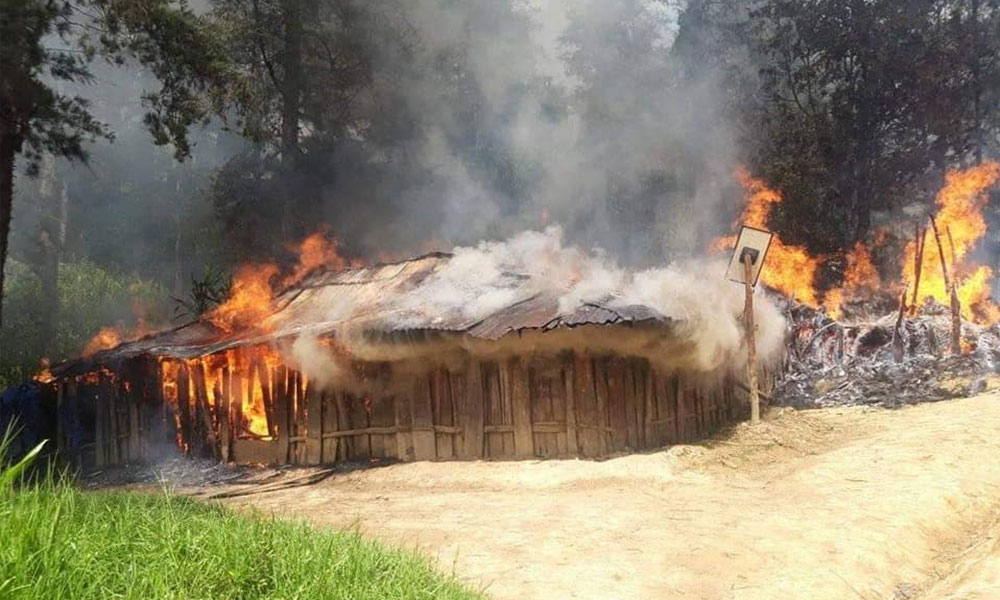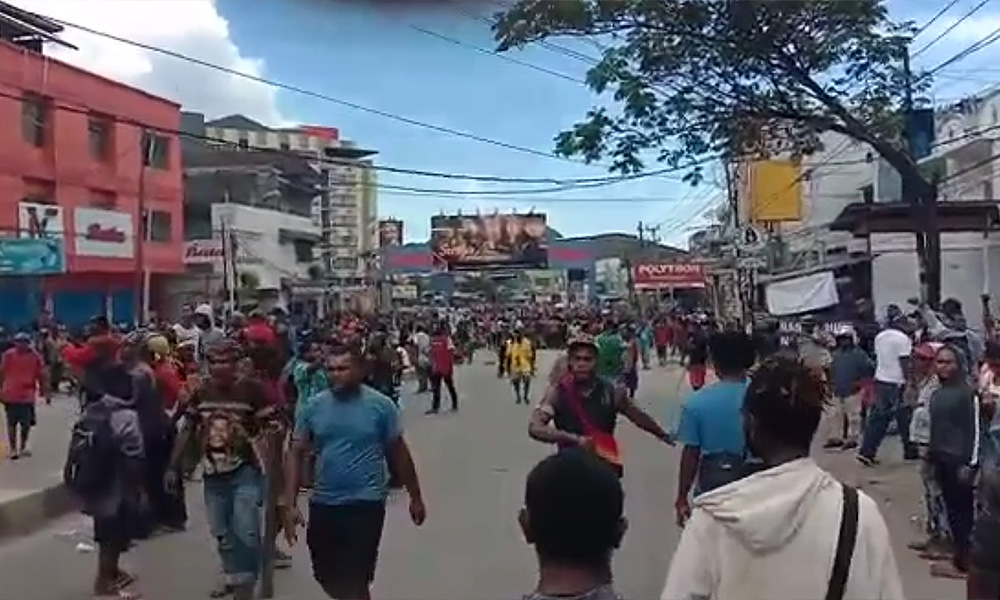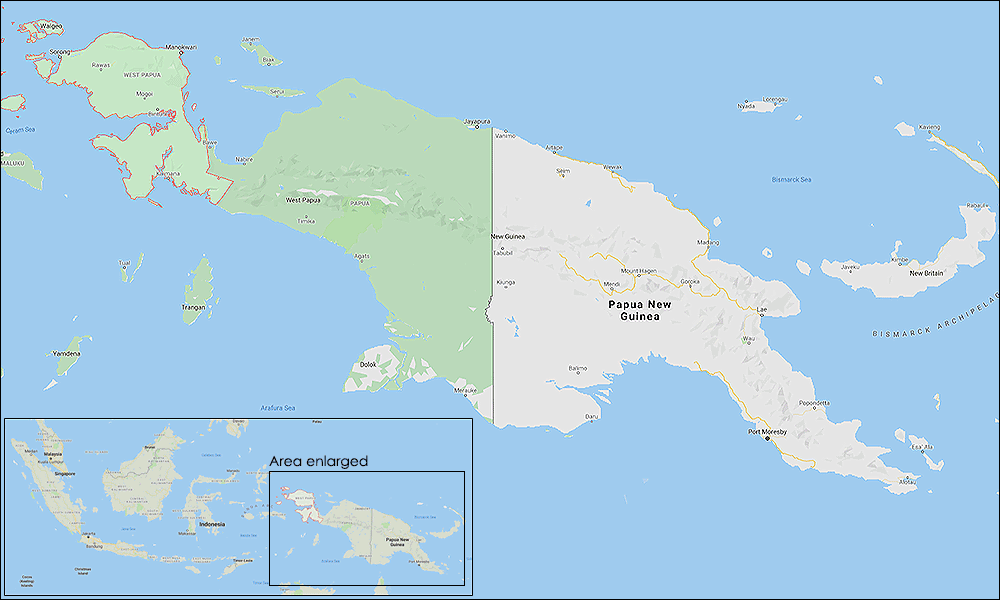Indonesia has told the United Nations that it has no intention of giving in to the demands of protesters for a referendum to be held in its troubled province of West Papua.
According to a report in CNN Indonesia, Indonesian Ambassador to the UN Hasan Kleib said this during a public debate in Geneva, Switzerland.
"Regarding the issue of the aspirations of the referendum, ambassador Hasan confirmed that the referendum had been held in 1969 and the results were validated through the UN General Assembly Resolution No 2504/1969 which was final," the Indonesian High Representative's press release in Geneva quoted last Friday.
Opponents of Indonesia's rule over West Papua claimed that the referendum was conducted in an atmosphere of intimidation with just over 1,000 tribal chiefs selected and instructed to vote for West Papua to join Indonesia.
"In accordance with international law, the referendum has been legally carried out and final, and therefore it is never possible anywhere to be repeated " said Hasan who made this statement while fielding a question from Twitter during a public debate for potential member states of the UN Human Rights Council.

He was also asked questions about the guarantee of freedom of opinion and assembly in Papua, especially after the incident of racism that triggered a massive demonstration on Indonesia's easternmost island.
Hasan claimed that the demonstrations led to anarchy and were overcome by security forces without using any violence.
This contrasts sharply with reports smuggled out of the troubled province.
West Papuan activists said the Indonesian military is carrying out acts of violence and terror against an innocent and unarmed population.
They claim that in an alleged attempt to cover up its actions, Jakarta has expelled foreign journalists from its provinces of Papua and West Papua, continuing a long history of isolating the region from the outside world.
It also imposed an internet blackout on the region.
Activists were calling for a referendum on Papuan independence and an end to the racist treatment of Papuans by Jakarta.

They also released photos which allegedly showed the Indonesian military pursuing a scorched-earth policy, burning down houses in the villages of Gome district in Kabupaten Puncak in Papua.
According to Reuters, the Indonesian authorities have arrested 85 protesters, and at least four people are dead since unrest erupted on Aug 17.
The protests concern perceived racial and ethnic discrimination, spread over two weeks in a string of Papuan towns.
Papua and West Papua provinces, the resource-rich western part of the island of New Guinea, were formerly a Dutch colony that was incorporated into Indonesia after a widely criticised 1969 referendum backed by the United Nations.
This year is the 50th anniversary of that vote.
On Sept 5, UN Human Rights Commissioner Michele Bachelet urged Indonesian authorities to engage in dialogue with West Papuans about their aspirations.
On Sept 11, thousands of Papua New Guineans marched through its capital Port Moresby in solidarity with their West Papuan neighbours.
The protests were led by two prominent PNG political leaders - the national capital governor, Powes Parkop, and Oro province's governor, Gary Juffa.
Indonesia has turned a deaf ear to such claims with National Police Chief Gen Tito Karnavian naming West Papuan activist Benny Wenda as the instigator behind the demonstrations and riots in Papua and West Papua, while Indonesian Special Forces counter-terrorism squad Densus 88 claimed that the Papuans are being influenced by the Islamic State terrorists.


